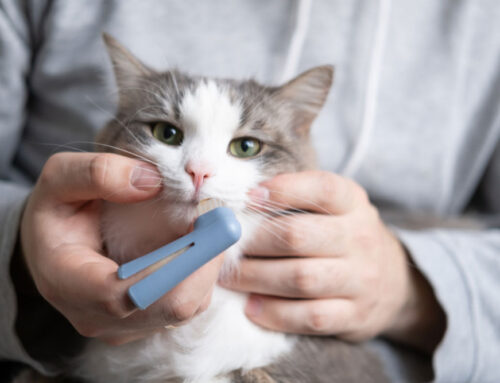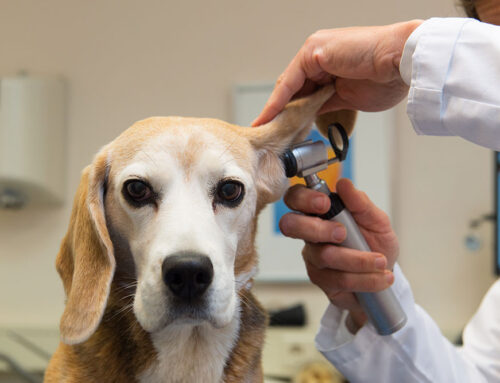Seeing your pet bolt through an open door is terrifying, especially if he isn’t wearing a collar or identification tags. But even with identification tags, which can fall off or be removed, many pets who become lost are never reunited with their owners. Microchips can help.
What is microchipping?
Microchipping provides a permanent identification source for your pet. A microchip is about the size of a grain of rice and is inserted under the skin. If your pet becomes lost and someone finds him and takes him to a veterinarian or animal shelter, he will be scanned for a microchip. The chip will provide a number unique to your pet. Many different types of animals can be microchipped, including cats, dogs, horses, and ferrets.
Does a veterinarian have to insert a microchip?
While not necessary, it is highly recommended to have a veterinarian insert a microchip. A veterinarian will ensure that the microchip is inserted properly between the shoulder blades. Plus, veterinarians have plenty of experience handling needles safely and correctly around pets. There are many low-cost microchip clinics conducted by animal shelters and rescues to help every pet receive a microchip. Most of these clinics have veterinary professionals placing the chips, or they are comfortable with their level of experience in providing this procedure.
How does a microchip work?
A common misconception is that microchips offer GPS tracking services. Unfortunately, that is not the case. A microchip only works if someone picks up your pet and takes him to a shelter or clinic, where he is scanned for the chip number. Once that chip number has been read, they can contact the company who made the chip for the registration information to find the owner. If the person who finds your pet decides to keep him, a microchip will not help you be reunited.
How does a microchip help get my pet home?
If your pet goes missing, he must be picked up and taken to a facility that has a microchip scanner (e.g., a veterinary hospital or animal shelter). Your contact information will be provided by the microchip company linked to your pet’s microchip. The most important part of microchipping a pet is providing up-to-date registration information. If you ever move or change your phone number, you must remember to update your contact information with your microchip company. Otherwise, your pet’s microchip will be useless.
August 15 was Check the Chip Day, which serves as a reminder to ensure your pet’s microchip registration is up to date.
What other ways can I help my pet return home?
Microchips are just one component of your pet’s identification system. Always make sure your pet’s collar includes appropriate identification tags. Verify that your pet’s ID tags have your most current phone number, and ensure that your listed phone number has a voicemail feature that is set up properly.
Additionally, you can purchase a GPS tracking collar for your pet. There is a wide assortment of trackers available: pet trackers, hunting dog trackers, and QR code pet tags. While searching for the GPS tracking unit that might be best for your pet, consider these key points:
- Number and type of pets — A pack of hunting dogs will need a much different GPS system than a single housecat.
- Waterproof capabilities — Will you be hiking with your pet around ponds and streams? Or, are you simply looking for peace of mind while your pet is staying with your friends?
- Scanning by strangers — QR code tags can tell the person who picked your pet up key details, such as your contact information, your pet’s allergies and medications, and the vaccination status of your pet.
- Subscription fees — Some trackers require monthly fees for using their satellite services. Other fees may include text and data charges.
- Real-time mapping — Have you ever watched a dog in pursuit of a squirrel? He can quickly cover a lot of ground! Having the capability of a map that is updated instantaneously is crucial in finding your pet.
- Battery life — If they have a short life, batteries can be the bane of even the fanciest technology. If your pet is missing for an extended period of time, you want to be sure that the battery life on the tracker will hold out until you can find your pet.
There are numerous ways to help your missing pet return home. If you’d like to get your pet microchipped for an extra layer of security, call our office at 772-283-0920.








Leave A Comment